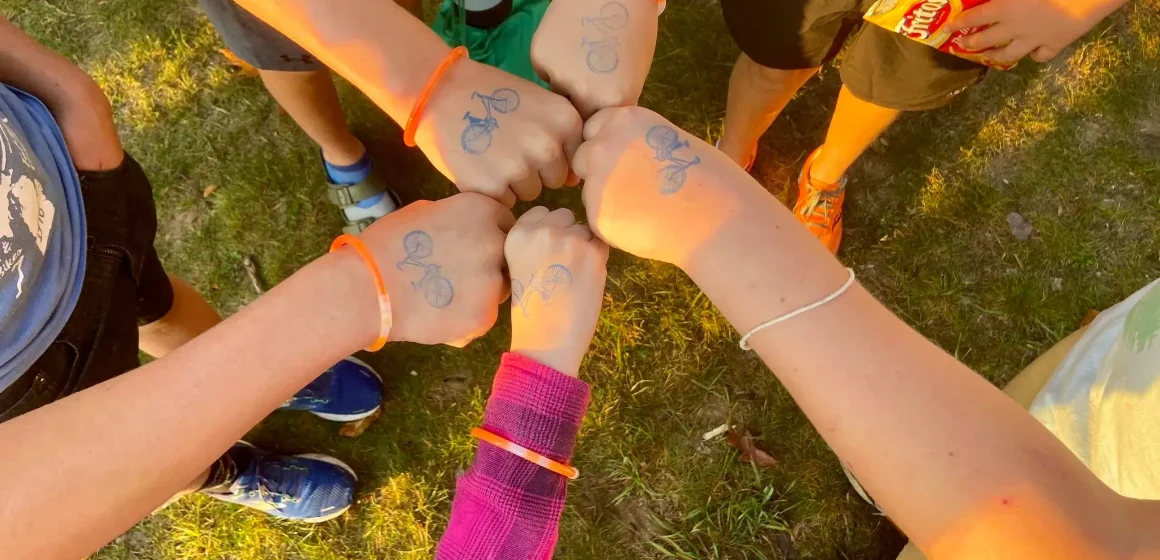In today’s fast-paced world, where deadlines, screens, and constant connectivity dominate daily life, recreation has become more essential than ever. Recreation is not just about passing time or indulging in hobbies—it is an intentional activity that nourishes physical health, mental well-being, social connection, and creativity. Whether it is hiking in the mountains, playing sports, engaging in arts and crafts, or simply spending time outdoors, recreation plays a vital role in maintaining a balanced lifestyle.
This article explores the multifaceted importance of recreation, the variety of activities it encompasses, and how it continues to evolve in modern society.
What Is Recreation?
Recreation refers to activities people engage in for enjoyment, relaxation, and personal fulfillment during their free time. Unlike work or mandatory tasks, recreational activities are voluntary and chosen based on interest, curiosity, and the desire for well-being. Recreation is not limited to physical pursuits like sports or exercise; it can also include creative arts, cultural activities, travel, or even quiet relaxation in nature.
At its core, recreation is about balance—offering individuals a way to recharge, foster creativity, and connect with themselves and others.
The Health Benefits of Recreation
One of the most important roles of recreation is its impact on physical and mental health.
-
Physical Fitness
Activities like swimming, cycling, hiking, or team sports improve cardiovascular health, strengthen muscles, and promote flexibility. Unlike structured exercise routines, recreational activities are often fun and engaging, making it easier for people to stay active long-term. -
Stress Reduction
Recreation offers an escape from daily pressures. Whether it’s reading a book, painting, or taking a walk in the park, leisure activities reduce cortisol levels, leading to improved mood and emotional stability. -
Mental Stimulation
Recreational hobbies such as puzzles, playing musical instruments, or learning a new language stimulate the brain, improve memory, and foster problem-solving skills. -
Preventing Burnout
Regular leisure time prevents physical and emotional exhaustion. It ensures individuals don’t become consumed by work, creating a healthier work-life balance.

Social and Community Benefits
Recreation goes beyond individual well-being—it strengthens social ties and builds community spirit.
-
Social Connection: Group activities like team sports, dance classes, or community gardening encourage cooperation, communication, and friendships.
-
Family Bonding: Shared recreational experiences, from camping trips to board games, bring families closer together and create lasting memories.
-
Inclusive Communities: Public recreation spaces such as parks, libraries, and community centers provide accessible opportunities for all ages and backgrounds, fostering inclusivity.
Communities with strong recreational infrastructures—parks, cultural centers, sports clubs—often report higher satisfaction among residents and stronger neighborhood bonds.
Recreation and Creativity
Recreation is also a spark for creativity. Many famous innovators and artists have credited their breakthroughs to leisure activities that allowed their minds to wander. For example, walking in nature can inspire writers, while hands-on activities like painting or pottery allow people to express emotions that words cannot.
Leisure time stimulates imagination, encourages experimentation, and provides an outlet for self-expression. In an age dominated by structured schedules, recreational creativity becomes a crucial counterbalance.
Outdoor Recreation: Reconnecting with Nature
Outdoor recreation is one of the most popular and rewarding forms of leisure. Activities like hiking, fishing, camping, skiing, and kayaking not only enhance fitness but also foster a deeper connection with the natural world.
Studies show that spending time in green spaces reduces anxiety and boosts mood. In fact, practices such as “forest bathing,” a Japanese tradition of mindful immersion in nature, have gained global recognition for their calming effects.
Outdoor recreation also nurtures environmental awareness. People who spend more time outdoors are more likely to appreciate and protect natural ecosystems, contributing to sustainability efforts.
Modern Trends in Recreation
The way people engage in recreation is evolving, influenced by technology, cultural shifts, and lifestyle changes.
-
Digital Recreation
Video games, virtual reality experiences, and online communities have become a significant part of recreational culture, especially among younger generations. Esports, for instance, has grown into a billion-dollar industry with global tournaments and fan bases. -
Wellness-Oriented Leisure
Yoga, meditation, and mindfulness-based recreation are increasingly popular, reflecting society’s growing focus on mental well-being. Retreats and wellness travel combine relaxation with personal growth. -
Adventure and Extreme Sports
Many seek adrenaline-fueled recreation such as rock climbing, skydiving, or surfing. These activities challenge limits while providing excitement and a sense of accomplishment. -
Cultural and Creative Recreation
Museums, theater performances, music festivals, and arts workshops offer intellectual and cultural stimulation while fostering community identity. -
Eco-Friendly Recreation
Sustainability now influences leisure choices. People are more conscious about low-impact activities, from cycling tours to eco-lodges, reflecting a shift toward responsible travel and recreation.
Recreation in the Workplace
Businesses are recognizing the importance of recreation for employee well-being and productivity. Corporate wellness programs, recreational breaks, and team-building activities are now common in modern workplaces. Providing employees with recreational outlets reduces stress, increases creativity, and improves collaboration.
Companies that invest in recreation often see higher job satisfaction, lower turnover rates, and stronger workplace culture.
Barriers to Recreation
While recreation offers immense benefits, access is not always equal. Several barriers can limit participation:
-
Time Constraints: Busy schedules and demanding jobs leave little room for leisure.
-
Financial Costs: Some recreational activities, such as travel or certain sports, can be expensive.
-
Accessibility: People with disabilities or those living in underserved communities may face challenges accessing recreational facilities.
-
Cultural Attitudes: In some societies, leisure is undervalued compared to work, leading to limited recreational engagement.
Addressing these barriers through policy, community initiatives, and awareness is key to ensuring recreation is accessible to all.
Future of Recreation
Looking ahead, recreation will continue to adapt to societal and technological shifts. Hybrid models—blending digital and physical experiences—are likely to expand. Virtual travel experiences, interactive online classes, and augmented reality games will complement traditional forms of leisure.
At the same time, there is a growing demand for slow recreation—activities that encourage presence and mindfulness, such as gardening, nature walks, and crafting. As urbanization increases, cities will also need to prioritize green spaces and recreational infrastructure to support healthy lifestyles.

Conclusion
Recreation is far more than a pastime; it is a fundamental aspect of human life that shapes health, happiness, creativity, and community well-being. From outdoor adventures and sports to artistic hobbies and digital leisure, recreational activities enrich daily life and provide essential balance in an increasingly busy world.
As modern challenges such as stress, technology overload, and urban living intensify, recreation offers a pathway back to connection—with ourselves, with others, and with the natural environment. Ultimately, investing in recreation—individually, socially, and globally—is an investment in a healthier, happier, and more sustainable future.


Leave a Reply